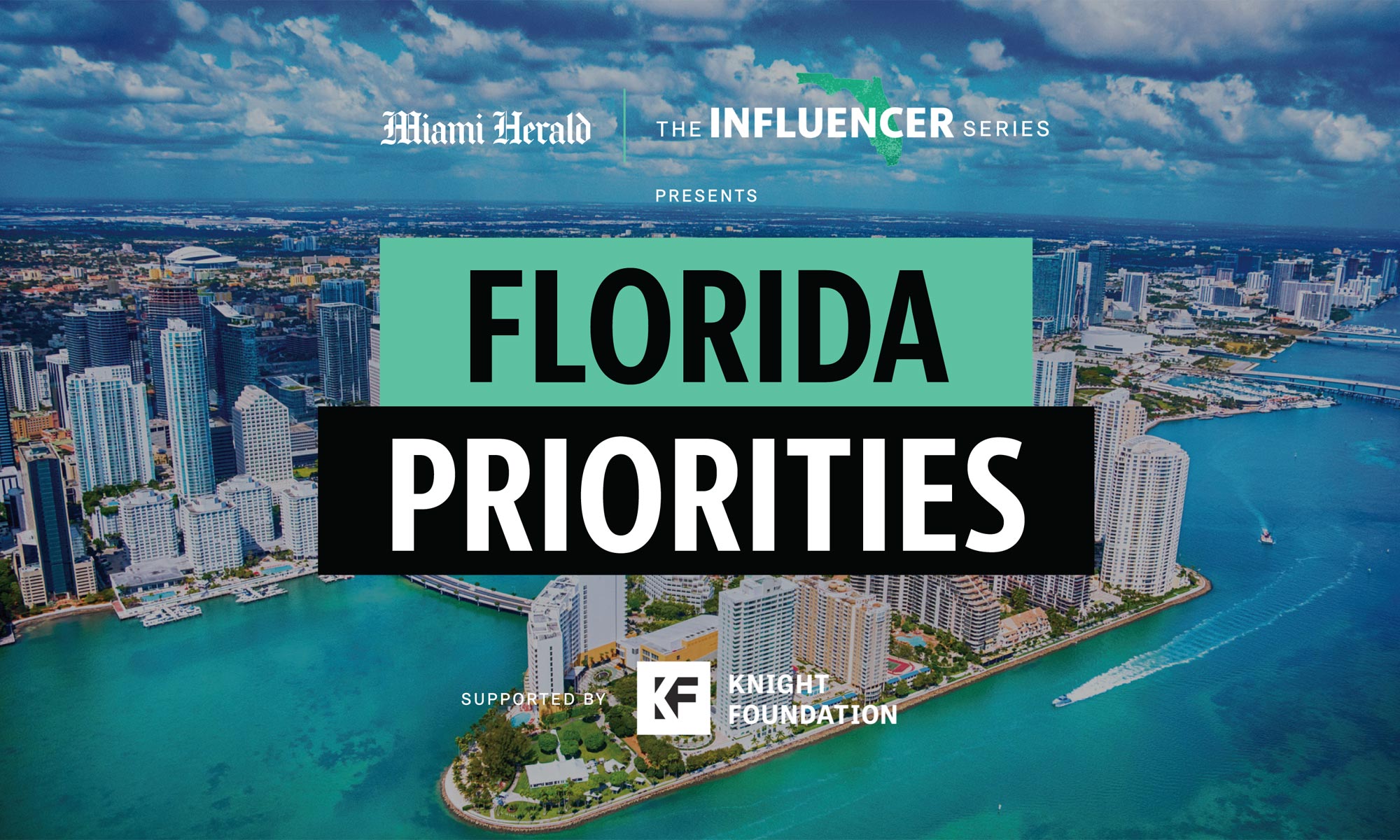By Daniella Medina / University of Central Florida
Even though Florida only legalized medical marijuana three years ago, the economic benefits continue to roll in, despite challenges and misconceptions, a panel of cannabis experts said Tuesday at the Florida Priorities Summit.
Florida ranks second in the nation for medical marijuana industry growth, according to Marijuana Business Daily, and is ranked as the third most populous state with a program for over 250,000 qualified patients, according to the Florida Department of Health.
But that’s only the start, said panelist Nikki Fried, Florida agriculture commissioner who campaigned on a platform that stressed easier access to medical marijuana.
The first storefront dispensary near the University of Central Florida campus, operated by MedMen, will be opening before the end of the year. MedMen operates dispensaries all over the country, and opened its first Orlando location on International Drive on Oct. 25, one of seven it has in Florida.
Having a location near a college campus — the UCF dispensary will be on University Boulevard — has health, economic and safety benefits, Fried said.
Fried noted that college students already have easy access to bars near campus, and access to medical marijuana doesn’t change that, as long as it isn’t abused.
“You don’t hear violence associated with marijuana — you hear it more with the alcohol,” Fried said. “So if we could curtail the alcohol problems we see on campus, that might be the good balancing.”
The growth of the medical cannabis business can translate to real economic growth, Fried said, including an influx of jobs, real estate and tourism, according to Fried.
Despite the economic benefits that hit when medical marijuana dispensaries are established in an area, there have been concerns that an increase in crime would come along with it — someone is walking into a business with cash and walking out with a controlled substance, Fried said.
However, the dispensaries opening across the state shatter those preconceived notions when you walk in or drive by them. Fried compared the sharp storefronts and intricate interiors of some dispensaries to a combination of Starbucks, Ikea and Apple.
Fried said the community’s realization that a dispensary is not an eyesore allows the real estate industry to flourish around it, bringing new customers to older buildings, strip malls and stand-alone buildings like banks and fast food restaurants.
The business has the potential to provide a boost to Florida’s top industry — tourism — particularly if Florida expands to recreational marijuana use.
While medical pot is not taxed, recreational would be. And the panelists agreed that legalization is just a matter of time.
“Tax it, don’t tax it too much, ‘cause you’ll push it to the black market,” said Matthew Ginder, senior counsel in the Cannabis Law practice group at Greenspoon Marder.
Fried said taxes could also lead to more jobs, more opportunities for education, more housing options among other economic benefits like reducing opiate addiction, cheaper healthcare and criminal justice reform.
There is already a push for recreational, led by MedMen along with another marijuana distribution company, Surterra, who are on the forefront of a constitutional amendment campaign, Make It Legal.
Make It Legal is currently seeking voter approval for the recreational marijuana amendment which needs approval from the Florida Supreme Court and 60% of voters in 2020 in order to be passed.
